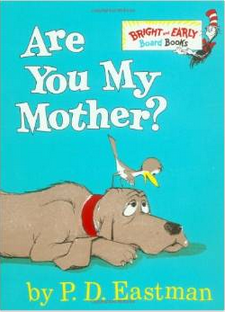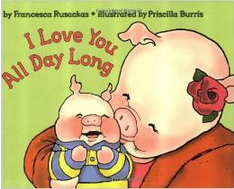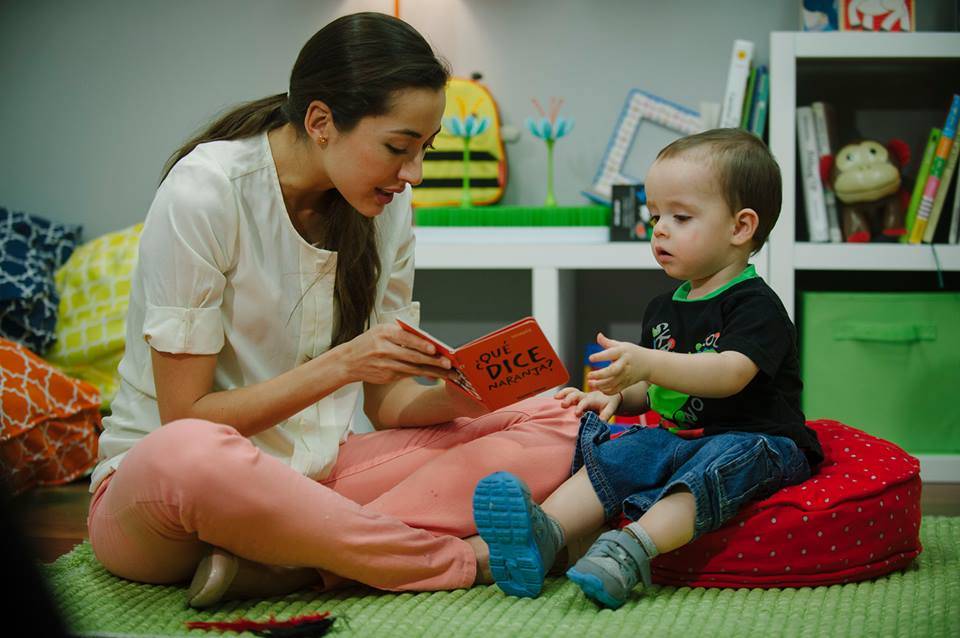Key points:
1. Most babies experience separation anxiety around their first birthday, a natural part of early childhood.
2. Babies develop object permanence between four and seven months, realizing that when you leave, you go away.
3. Cover basic needs before leaving, use specific terms for return, and say quick goodbyes.
4. Establish routines, build trust by keeping promises, practice being apart, and use children’s books to help your child understand separation.
Just around their first birthday, most babies develop separation anxiety. It’s different for every child, but, in general, it means that they get upset when a parent wants to leave them with someone else. This is a completely natural part of early childhood, but it doesn’t make it any less troubling!
If their needs are being met, most babies younger than six months have no problem being around other people. But between four and seven months, babies develop the notion of object permanence. Therefore, they begin to understand that things and people exist even when they are out of sight. That’s when your baby begins to realize that when they can’t see you, it means you have decided to go away. Since babies don’t understand the concept of time, they don’t know if or when you’ll return and it makes them rather uneasy.
Remember this anxiety is a good sign that your child is having a healthy attachment with you, and if you know how to work with this separation anxiety, eventually your little one will know that you’ll always come back after you leave and will feel comfortable while you are gone.
How to manage separation anxiety
Understanding what your child is going through and having a strategy to deal with it can help you both. Here are some tips to help you and your baby get through separation anxiety.
- Cover basic needs first. Saying goodbye will be worse if your baby is hungry, tired, or feeling ill.
- Be specific. When you explain to your child that you will return, explain it in terms that they can understand. For example, instead of saying a specific hour, tell them “before afternoon”, “after nap time”, or other queues they can understand.
- Be calm. Show confidence and stay calm with your child while leaving, also reassure them that you will be back.
- Say quick good-byes. This will help the transition. If you linger and extend the moment, so will the anxiety.
- Establish a routine. Try to say the same good-byes each day to build consistency and your baby’s understanding of what is happening.
- Build trust. Keep your promises. Be back by the time you say you will to keep your baby’s trust and avoid future setbacks.
- Practice being apart. Give your child a chance to thrive and have fun in your absence. Send them to grandma’s home or organize a playdate!
Book suggestions
It’s highly recommended that you regularly talk to your little one about this. This can be especially beneficial with the help of a good children’s book that deals with separation. Your child will learn to identify their feelings through the characters and situations in the story, particularly if you talk about it afterward. Here are two of my bookshelf suggestions:

Are you my mother? by P.D. Eastman is a great book for toddlers! This classic tells the story of a baby bird that is searching for their mother, asking everyone around them if they are their mother. By the end, they are happily reunited with their real mom!
 I love you all day long by Francesca Rusackas is especially helpful to get your little one prepared for the first day of school, but it can easily be applied to all situations! This story will remind your child that even if you are apart, you still love them all day long.
I love you all day long by Francesca Rusackas is especially helpful to get your little one prepared for the first day of school, but it can easily be applied to all situations! This story will remind your child that even if you are apart, you still love them all day long.
Do you have book recommendations of your own? Please share them by writing a comment below! Keep coming back for more information about the perks of reading to your child and suitable book suggestions!








